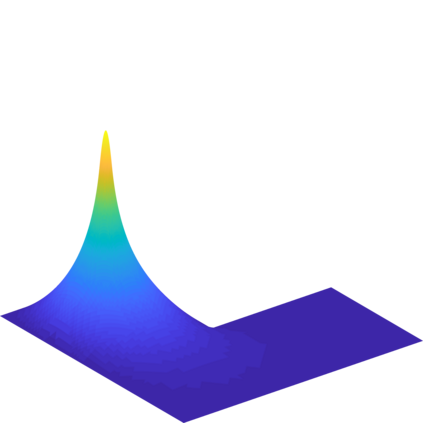The convergence analysis for least-squares finite element methods led to various adaptive mesh-refinement strategies: Collective marking algorithms driven by the built-in a~posteriori error estimator or an alternative explicit residual-based error estimator as well as a separate marking strategy based on the alternative error estimator and an optimal data approximation algorithm. All three strategies are investigated empirically in this paper for a set of benchmarks examples for the Poisson model problem in two spatial dimensions. Particular interest is on the choice of the marking and refinement parameters and the approximation of the given data.
翻译:对最小方位有限要素方法的趋同分析导致各种适应性网格-精炼战略:由内置的 ~ 未来误差估计仪或替代的明确残余误差估计仪驱动的集体标记算法,以及基于替代误差估计仪和最佳数据近似算法的单独标记战略,本文对所有这三项战略进行了实验性研究,以在两个空间层面为Poisson模型问题制定一套基准示例,特别感兴趣的是选择标记和精细参数以及选定数据的近似值。




















